Barbara Kijewska (University of Gdańsk), member of the RE-WIRING project, participated in the 28th IPSA World Congress of Political Science – Resisting Autocratization in Polarized Societies, held in Seoul from 12 to 16 July 2025.
On 6 July, she presented her paper “Transformative Equality in Leadership: Insights from the RE-WIRING Project” during the panel Gender and Democracy: The Political Value, Participation, and Representation of Women II.
Her presentation emphasized that despite decades of equality initiatives, women remain significantly underrepresented in leadership roles worldwide. Formal legal equality has not been sufficient to dismantle the deeply rooted social, cultural, and institutional biases that sustain patriarchal hierarchies.
Drawing on RE-WIRING’s Transformative Equality Approach (TEA), Kijewska explained that true change requires more than increasing the number of women in positions of power. Instead, it demands a restructuring of institutional rules and cultures to remove the subtle mechanisms that continue to marginalize women and other underrepresented groups.
The presentation outlined TEA’s multi-level strategy for change:
- At the institutional level, by reforming laws, policies, and organizational structures that perpetuate inequality.
- At the experiential level, by addressing everyday barriers and discrimination faced in workplaces, politics, and education.
- At the symbolic level, by challenging cultural stereotypes and amplifying diverse voices in media and public discourse.
Kijewska also stressed the importance of an intersectional perspective, noting that gender inequality intersects with factors such as race, class, age, and disability. She highlighted co-creation as central to the TEA—developing solutions in collaboration with those affected, including women, LGBTQ+ people, ethnic minorities, and allies.
The discussion that followed her presentation recognized the strength of TEA’s intersectional lens and its inclusion of transgender people, underscoring its relevance for building inclusive democracies.
Kijewska concluded by arguing that technical fixes alone, such as quotas, are not enough; without deeper institutional transformation, gender hierarchies remain intact. Tackling these inequalities, she noted, is not only essential for gender equality but also for the resilience of democratic systems.
Through her participation, RE-WIRING contributed to the global debate on how to resist autocratization and polarization by embedding transformative equality in leadership and governance structures.

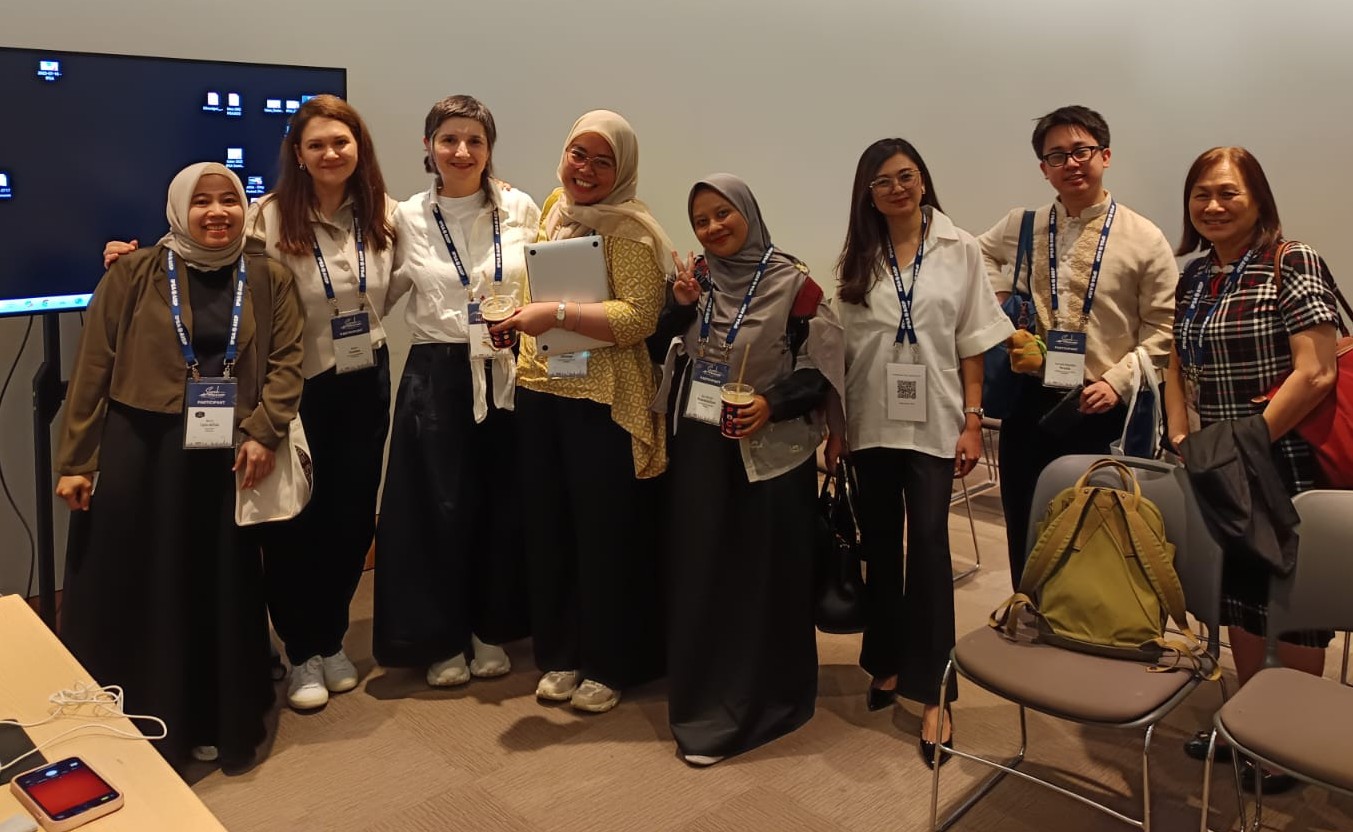
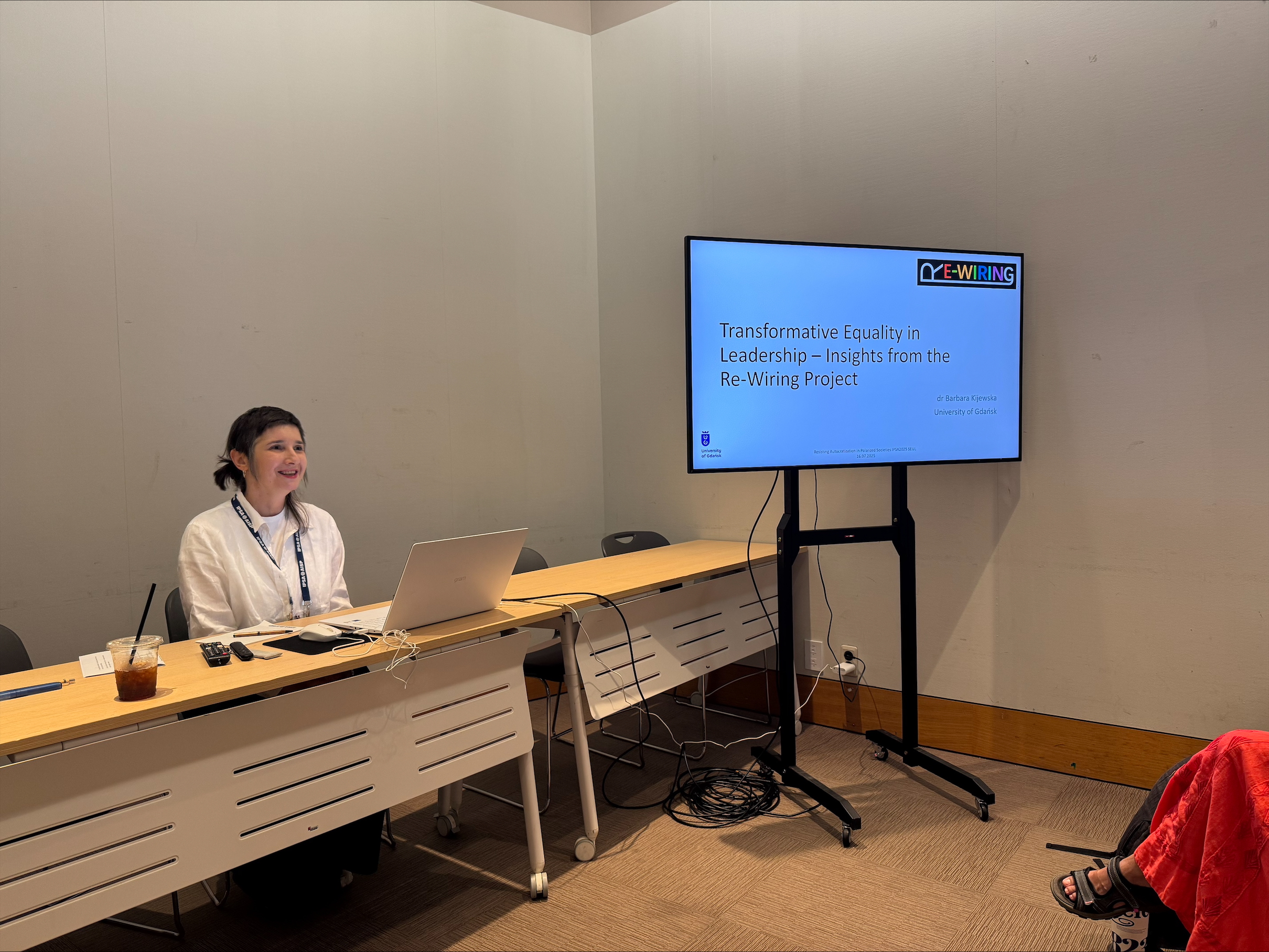

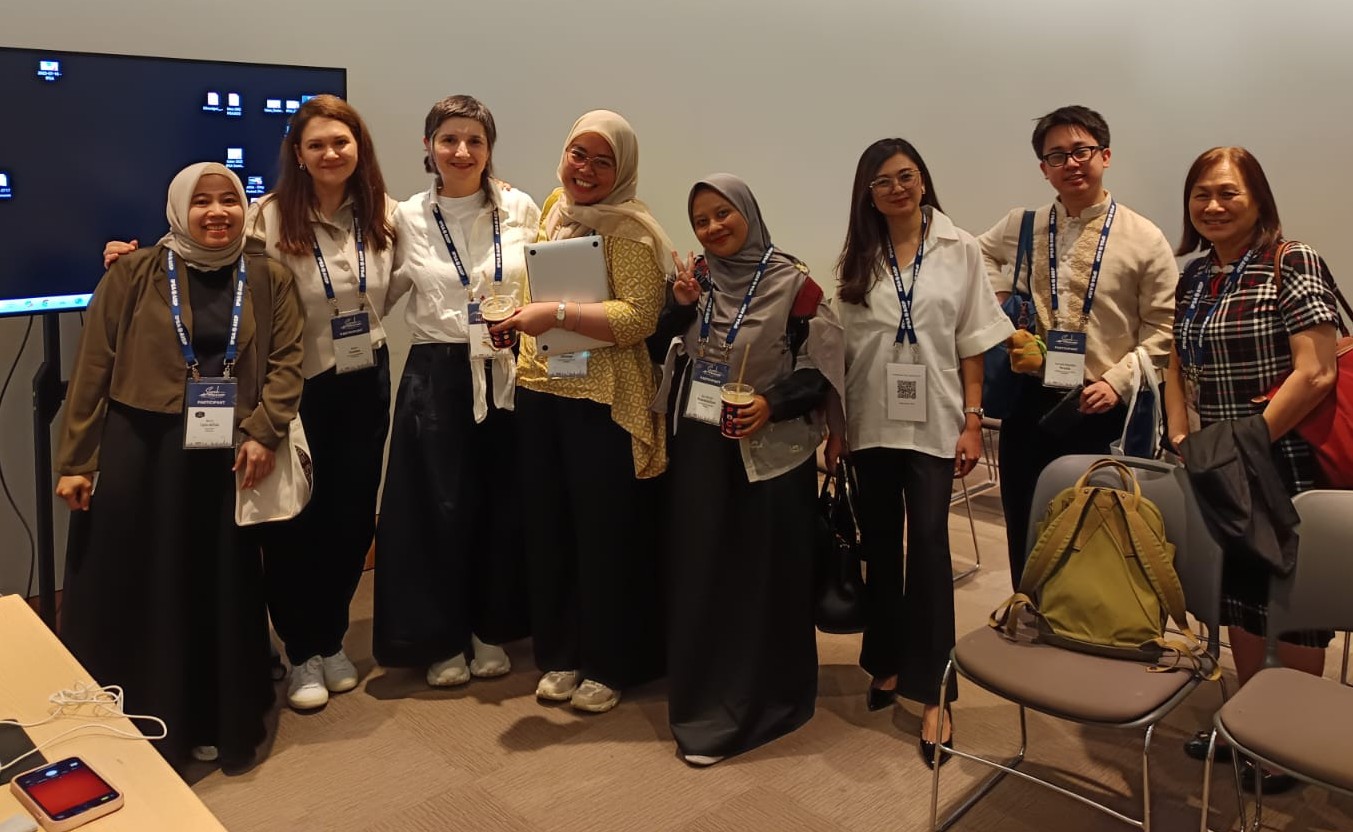
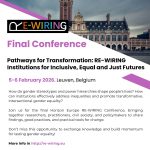
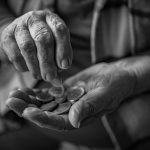



Leave a Reply